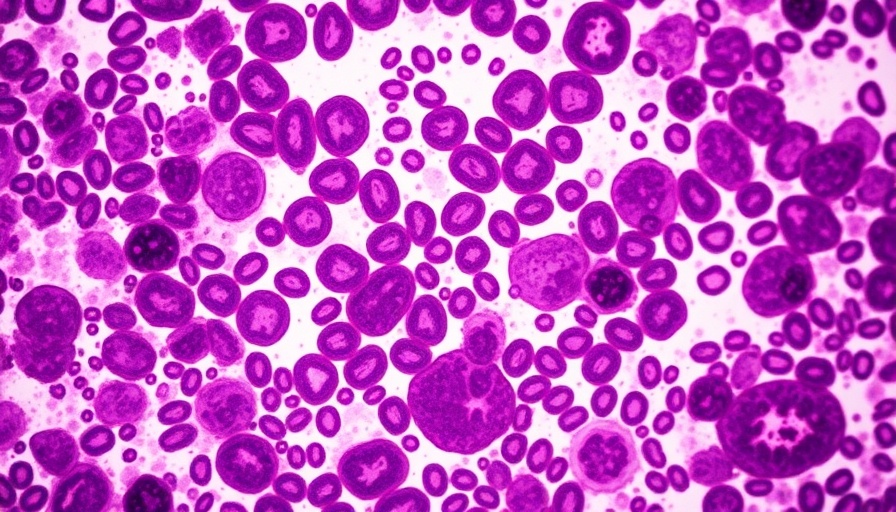
Revolutionary Blood Test Could Change Oropharyngeal Cancer Detection
The emergence of a novel blood-based test specifically designed to detect oropharyngeal cancer has sparked interest in the medical community. This innovative assay, named HPV-DeepSeek, utilizes advanced whole genome sequencing techniques to identify circulating tumor HPV DNA (ctHPV DNA) with impressive accuracy. With a sensitivity rate of 79% and a perfect specificity of 100%, the test offers a powerful new tool in the fight against cancer, particularly when it comes to early detection.
A New Frontier: Addressing the Screening Gap
Despite advances in cancer research, effective screening methods for HPV-associated oropharyngeal squamous cell carcinoma have been conspicuously absent. Traditional methods, such as droplet digital polymerase chain reaction (ddPCR), have struggled with sensitivity in identifying ctHPV DNA in prediagnostic samples. The HPV-DeepSeek test aims to fill this clinical void by analyzing plasma samples taken from patients long before a clinical diagnosis is reached.
How It Works: Methodology Behind HPV-DeepSeek
In this promising study, researchers collected samples from 28 patients diagnosed with HPV-associated oropharyngeal cancer and matched them with 28 control individuals. By targeting 43 different HPV genotypes through the hybrid capture assay, the research team was able to determine viral reads, genome coverage, and other significant metrics. This comprehensive approach revealed ctDNA in 22 of the prediagnostic samples, indicating a substantial lead time of 7.8 years in some cases.
Enhancing Detection: The Role of Machine Learning
Further improving detection capabilities, the researchers implemented a machine learning model that boosted sensitivity to 96%. This technology extends the maximum lead time for ctHPV DNA detection to an impressive 10.3 years, showcasing the potential applications of artificial intelligence in medical diagnostics. The notion that machine learning can improve cancer detection is revolutionary, suggesting a future where AI plays a critical role in healthcare.
Implications for Early Detection and Awareness
The findings represent a significant advancement in early cancer detection, highlighting ctHPV DNA as a critical biomarker. Previous methods have struggled to identify cases in their early stages; however, HPV-DeepSeek dramatically outperforms its predecessors. With these advancements, awareness around HPV-linked oropharyngeal cancer can increase, potentially leading to better patient outcomes through proactive measures.
Future Impacts: What Lies Ahead
As the medical community anticipates widespread use of such innovative technology, the potential for early detection of cancers previously considered difficult to diagnose is both thrilling and hopeful. The combination of cutting-edge science and machine learning indicates a promising future for preventative medicine, destined to save lives by catching cancers early.
For those involved in healthcare and research, the integration of advanced technologies like the HPV-DeepSeek assay could shape the way pulmonary and oncological diseases are approached. As more data emerges, continued conversation and exploration of these advancements are crucial.
 Add Row
Add Row  Add
Add 




Write A Comment